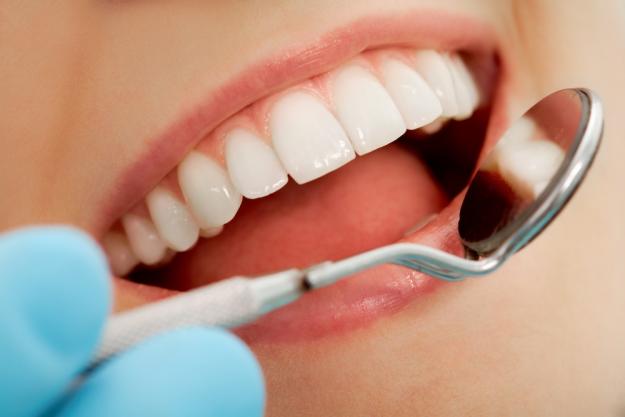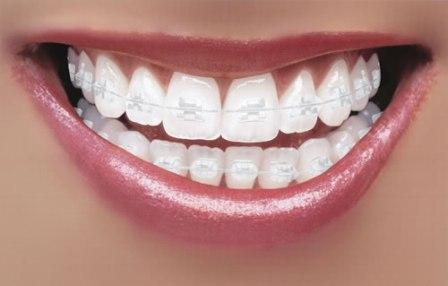Dental Health Info is here to give you lots of advice and information about dental health.
 | A dentist is a medical health professional that specialises in treating tooth and gum related problems. They are also there to provide medical advice on oral care and the prevention of tooth decay and other diseases of the oral cavity. The responsibilities of dentists are wide and varied and there are many specialities that address any and all oral cavity issues. Most dentists are general practitioners and can carry out a number of different tasks. The most common tasks that a licensed dentist can perform include restorative treatments such as tooth decay removal, and the addition of crowns, and bridges. Most dentists also perform orthodontics such as the manufacture of braces and prosthetic dentures. |
Most dentists are also capable of root canal therapy, called endodontic therapy, periodontal or gum therapy, and tooth extraction or exodontia. As part of the diagnostic stage, dentists can also perform x-rays and dental implants. As doctors, they can also prescribe certain drugs that will help with the tooth ailment, such as painkillers and antibiotics.
Not all dentists are allowed to perform the more invasive procedures. Since these procedures require the use of general anaesthetic, many dentists have to go through additional training to be allowed to do so. Dentists with these types of qualifications are called dental surgeons.
Your dentist will often refer you to a dental surgeon if you require more complex and invasive procedures. A surgeon often performs procedures such as oral and maxillofacial surgeries, which include extractions and implants. These types of surgeons can also fix minor facial deformities associated with the mouth, such as cleft palates and harelips. Oral extractions due to crowding or tooth deformities also fall under these procedures. Orthodontists are specialists when it comes to braces and retainers. They measure out your teeth and provide a framework to correct problems such as crooked teeth, over and under bites, and other mandibular problems. |  |
There are many more types of dentists and specialists dealing with oral health. A good rule of thumb is to visit a regular dentist first, who can then give a diagnosis that will point you to a specialist.